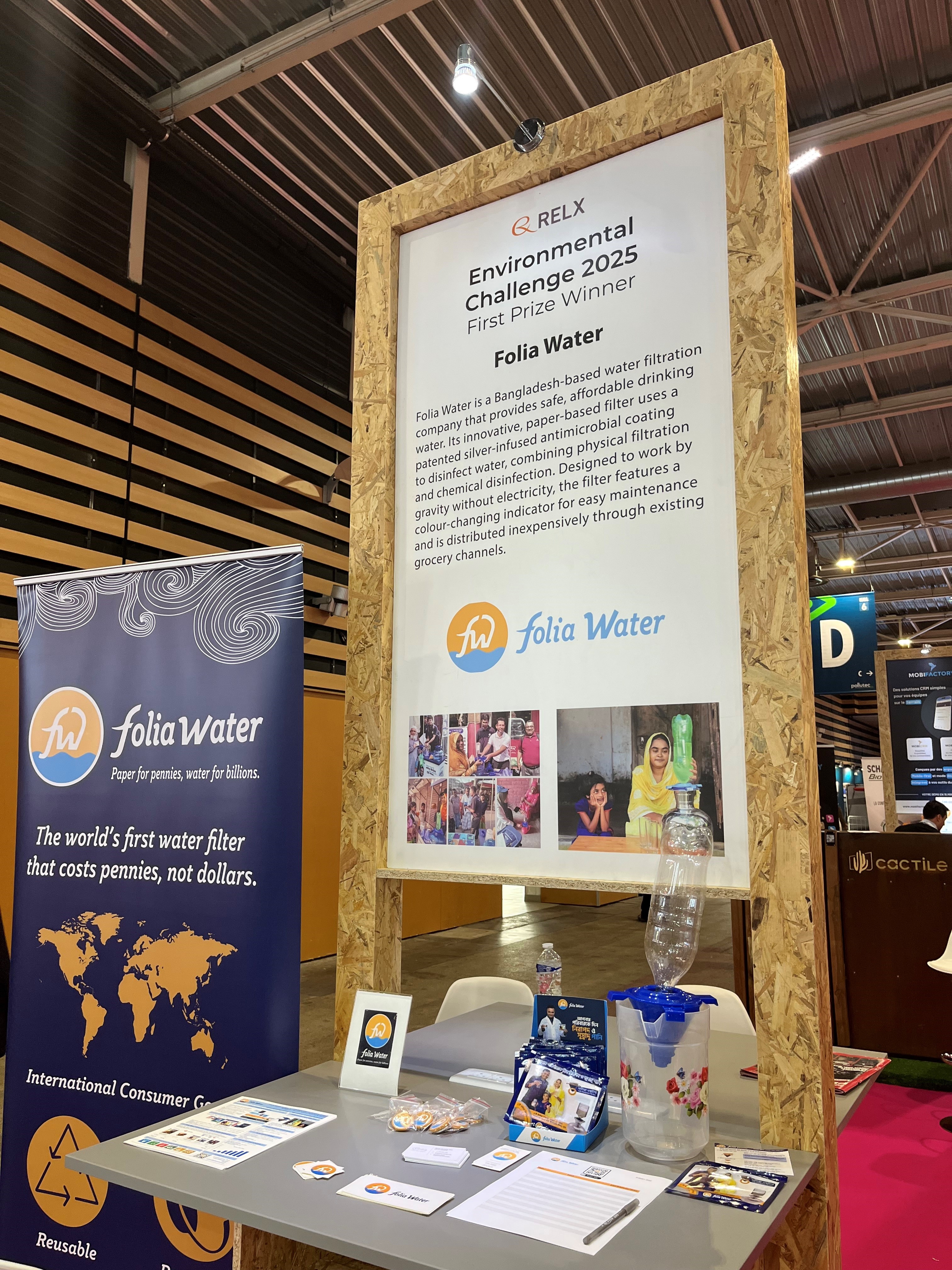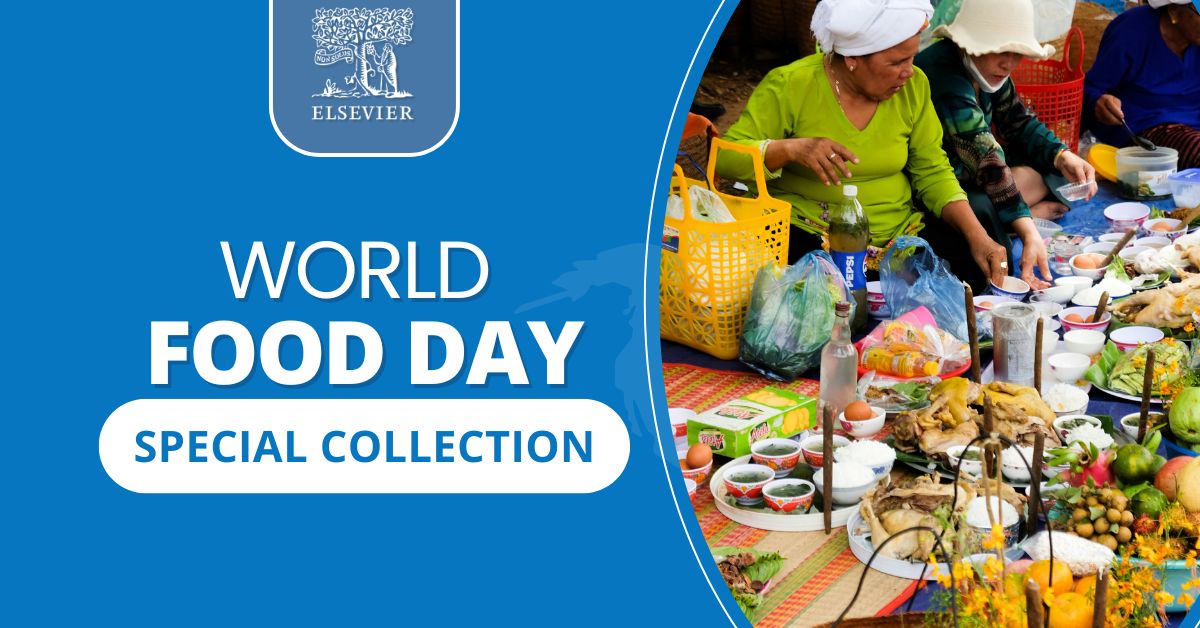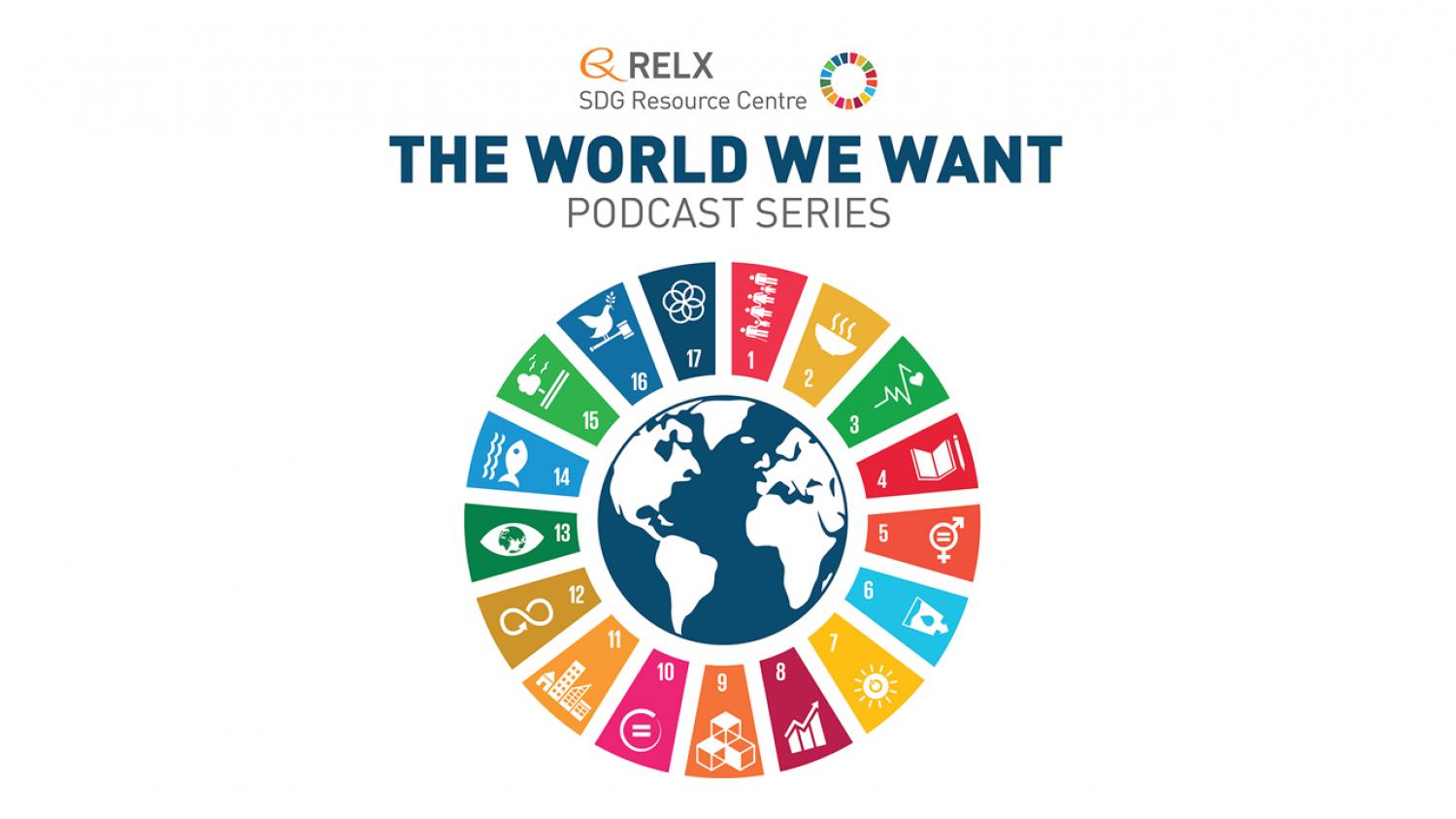The 2025 winners of the RELX Environmental Challenge, which supports innovative solutions to advance SDG 6 Clean water and sanitation, have been announced.
Celebrated annually on October 16, World Food Day is a key global event focused on raising awareness about food security and hunger. Established by the United Nations Food and Agriculture Organization (FAO) in 1979, this day highlights the ongoing challenges of hunger, malnutrition, and the need for sustainable food systems.
Effective decision support systems are more essential as smart cities continue to develop. Decision-makers can use the suggested framework as a flexible platform for integrating, analyzing and visualizing complex data streams to help with resource management, policy formation, and urban planning.



